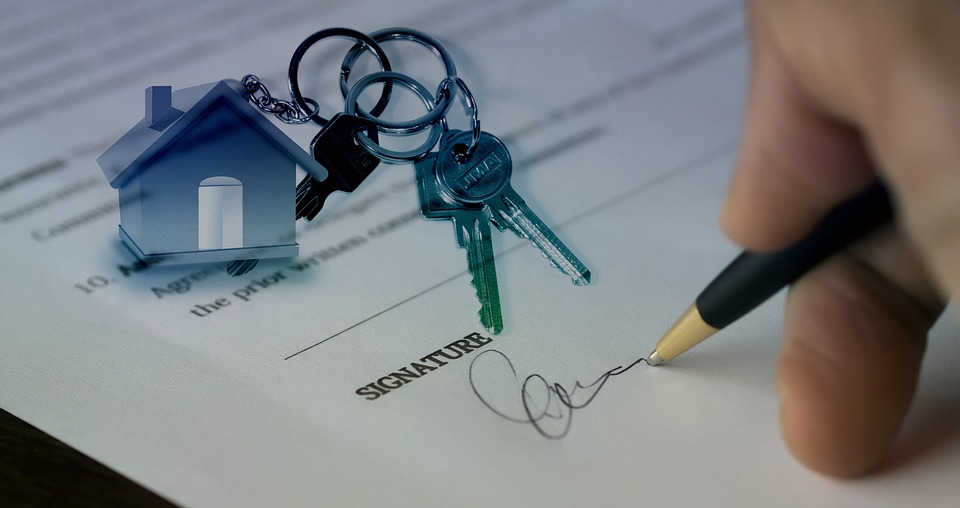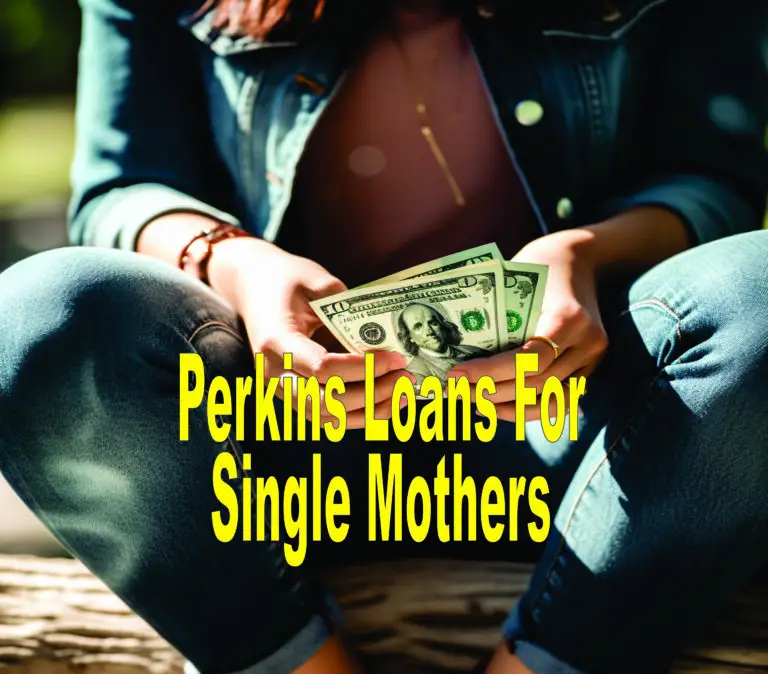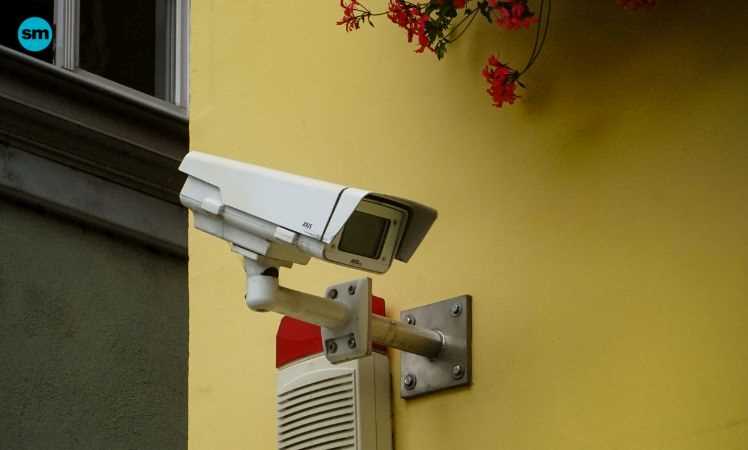Single Mom First Time Home Buyer Grants And Loans

Last Updated on May 16, 2024 by Wade
Are you a single mom dreaming of owning your own home? Well, the good news is that various grants and loans are available to help make this dream a reality. From mortgages with little or no down payment to down payment and closing cost assistance programs, options are tailored to fit your needs.
Whether you are recently divorced or simply a single mother looking for assistance, there are mortgage programs and subsidies in your state that can provide the support you need.
When it comes to buying a home, there are some common eligibility factors to consider. These factors include your credit score, income level, and debt-to-income ratio. However, don’t let these factors discourage you.
There are programs like Bank of America’s Community Homeownership Commitment, Chenoa Fund Down Payment Assistance, and Community Development Block Grants that can help you overcome these obstacles. Additionally, the National Homebuyers Fund, Inc. offers down payment assistance, and Operation HOPE provides a home buyers program specifically for single moms.
With so many options available, it’s important to do your research and choose the best fit for your situation. From grants to loans, there are resources out there to help you achieve your goal of homeownership.
Is It Feasible For Single Mothers To Buy A Home?
Is it feasible for single mothers to buy a home, considering the various mortgage options, down payment assistance programs, and grants available to individuals with low to moderate income? Absolutely!
Numerous programs and resources are specifically designed to support single parents and first-time homebuyers in their journey toward homeownership. These programs often have income limits and offer down payment assistance programs, grants, and even tax credits to help reduce the financial burden.
Additionally, conventional loans are available with low or no down payment options, and minimum credit score requirements can be flexible. It’s important to note that while these programs can greatly assist with the upfront costs, single mothers should also consider their ability to afford the monthly payment and closing costs.
Consulting with a lender early in the process can help address any credit or down payment issues and develop a plan for successful homeownership.

What Are the Common Eligibility Factors When Buying A Home?
To qualify for assistance, you must ensure you meet the common eligibility factors when purchasing a new property. These factors include employment and income requirements, credit scores, debt-to-income ratio, history of foreclosure or bankruptcy, and down payment requirements.
| Eligibility Factors | Descriptions |
| Employment and Income Requirements | Owning a home is not an easy feat. You must have a stable job with a sustaining income that qualifies for the regulated income limit requirements of home loans and grant programs. |
| Credit Score | Credit scores represent your worthiness as a borrower. It shows your credit history from previous loans, including student loans, credit cards, and mortgages. The higher your credit score, the greater your chances of getting more favorable loan terms. |
| Debt-to-Income (DTI) Ratio | The DTi ratio represents your monthly debt payment versus your monthly gross income. Contrary to credit score, a lower DTI ratio usually indicates a healthier financial status. |
| History of Foreclosure or Bankruptcy | A foreclosure or bankruptcy history does not prevent you from applying for a home loan. However, it will be a setback because a longer waiting period is usually imposed between loan applications. |
| Down Payment | Some home loans offer zero or low down payment options. But generally, a down payment is usually required by most loan programs. |
First-time home buyers, especially low-income individuals, can benefit from forgivable loans and mortgage insurance.
It’s crucial to research and understand the different loan options available to you and the eligibility requirements for each.
Meeting these criteria increases your chances of obtaining the necessary grants and loans to help you become a homeowner.
Home Buying Grants And Loans For Single Moms
Bank of America’s Community Homeownership Commitment
If you’re looking to achieve the dream of owning a home, Bank of America’s Community Homeownership Commitment offers an incredible opportunity for you to explore. Through this program, Bank of America is committed to providing financial assistance and support to single moms, first-time home buyers, and low-income buyers.
The Community Homeownership Commitment includes various buyer assistance programs, grants, and a buyer education program to help you confidently navigate the home-buying process. With the aim of making homeownership more accessible and affordable, Bank of America offers a down payment assistance amounting to $10,000 or 3% of the purchase price. In addition, the program also offers financial aid of up to $7,500 to cover closing costs.
Chenoa Fund Down Payment Assistance
The Chenoa Fund offers down payment assistance and affordable loans specifically designed for low-income home buyers, including single parents.
The Chenoa Fund’s mortgage options and grants can help alleviate some of the financial burdens of buying a home, allowing you to build equity and stability for yourself and your family.
There are two options offered in this program. First is the Repayable loan with a 10-year term. This option can be used alongside with FHA home loan. However, the interest rate is 2% higher than your approved FHA loan. At the same time, a monthly payment is also required with this type of loan.
The second option is the Forgivable loan with a 30-year term. Unlike the first option, this one is offered at 0% interest rate. It also does not require monthly payments as long as your FHA loan payments are current and updated.
Community Development Block Grants
Take advantage of the Community Development Block Grants the U.S. Housing and Urban Development offers. This grant is specifically designed to help single-parent families and first-time home buyers who may be facing financial challenges.
The community development block grant provides housing assistance to individuals with low to moderate income ratios, allowing them to qualify for favorable mortgage options. With this loan program, you can access a 0% interest deferred payment loan with a maximum of 15 years term. The loan fund can be used to purchase a new home or cover closing costs.
Good Neighbor Next Door Sales Program
U.S. Housing and Urban Department’s Good Neighbor Next Door Sales Program offers an opportunity for individuals to purchase properties at a significant discount, making it an attractive option for those looking to invest in their community.
This program is specifically designed for teachers, law enforcement officers, firefighters, and emergency medical technicians willing to live in selected revitalization areas for a minimum of three years.
Through this program, eligible buyers can purchase homes at a 50% discount from the list price, allowing them to become homeowners at a more affordable price.
In addition to the discounted price, participants also have access to down payment assistance grants and other mortgage programs that can help further reduce the financial burden of purchasing a home.
To ensure that buyers are well informed and prepared, the program requires them to attend homebuyer education programs and work with housing counseling agencies to navigate the process.
This program provides affordable housing options for low-income home buyers and encourages community revitalization by attracting professionals who play a vital role in public service.
National Homebuyers Fund, Inc. Down Payment Assistance
Explore the National Homebuyers Fund, Inc. Down Payment Assistance program to discover a potential solution that could help you achieve your dream of owning a home.
This program is designed to provide down payment assistance to single-parent families and other low-income home buyers. Through first-time home buyer grants and loans, the National Homebuyers Fund provides funding to cover up to 5% of the cost of home mortgages. You can use this amount toward down payments and closing costs.
In addition to down payment grants, the program also offers homebuyer education programs to help eligible homebuyers navigate the process of purchasing a home. By taking advantage of this program, you can access the resources and support you need to make homeownership a reality.
Home Loans for Single Mothers
If you’re a single mother searching for a home loan, several options are available.
Conventional loans, FHA loans, USDA loans, and VA loans are all potential options for single mothers looking to purchase a home.
Each loan type has its own requirements and benefits, so it’s important to research and compare them to find the best fit for your situation.
Conventional Loans
Conventional loans offer single parents an opportunity to secure a mortgage with favorable terms and conditions. These loans are available for first-time buyers and come with various benefits.
Unlike government grants or homeownership programs, conventional loans are not limited to low-income buyers and have more flexible credit requirements. With a conventional loan, single parents can potentially qualify for a mortgage program that suits their needs and financial situation.
Loan eligibility is based on creditworthiness, income, and other factors. Single parents can work with lenders to determine their loan options and develop a plan for homeownership. It is important to note that conventional loans require a down payment of at least 5% and have monthly mortgage payment obligations.
FHA Loans
FHA loans provide a viable alternative for single parents looking to fulfill their dream of homeownership with more flexible credit requirements and lower down payment options.
FHA loans are more forgiving regarding credit history, making them accessible for single moms who may have experienced financial challenges in the past. In addition, this loan program requires a minimum down payment of 3.5%.
USDA Loans
The USDA loans offer a unique opportunity for low and moderate-income individuals to achieve homeownership in rural areas without needing a large down payment. The USDA Rural Development provides USDA loans which are specifically designed to assist low-income homebuyers. Housing finance agencies administer these loans and have flexible credit score requirements, making them accessible to many borrowers.
In addition to offering low down payment options, USDA loans also have grant programs and cost assistance programs available to help with the upfront costs of purchasing a home. Homebuyer education is also a requirement for USDA loans, ensuring that borrowers are well-informed and prepared for homeownership.
Furthermore, USDA loans have purchase price limits, which vary depending on the location and size of the household. These loans are a great option for single moms looking to buy a home in rural areas, as they provide support and opportunities that may not be available through traditional loan programs. County governments also play a role in the USDA loan process by assisting with the administration and implementation of the program.
VA Loans
If you’re a veteran or a family of a veteran, VA loans can provide you with an excellent opportunity to achieve homeownership with flexible credit requirements and no down payment required. As a single mom, these loans can be especially beneficial as they offer various advantages.
The Department of Veterans Affairs backs VA loans which are available to veterans, active-duty service members, and surviving spouses. With a VA loan, you can use the funds to purchase a home for yourself and your family.
Additionally, VA loans have lenient credit requirements, allowing you to qualify even with poor credit. This can be particularly helpful for single moms who may have faced financial challenges in the past. Moreover, VA loans offer competitive interest rates, making homeownership more affordable in the long run.
To qualify for a VA loan, you will need to provide proof of military service, show a steady income, and demonstrate timely payments on your existing debts.
Tips for Choosing Home Loans and Grants
When considering home loans and grants as a single mom, it’s important to carefully choose the options that will best support your journey as a first-time home buyer.
To help you make an informed decision, here are three key factors to consider:
Interest-Free Loan
Look for programs that offer interest-free loans, as this can significantly reduce the overall cost of your home. These loans can be a great way to finance your purchase without incurring high-interest charges.
Housing Agency And HUD-Approved Housing Counseling
Seek assistance from a housing agency or HUD-approved housing counseling agency. These organizations can provide valuable guidance and resources to help you navigate the application process and understand your options. They can also offer lists of homebuyer education programs that can equip you with the knowledge and skills needed for a successful homeownership journey.
Flexible Credit Score Requirements
Explore loan and grant programs that have flexible credit score requirements. As a single mom, you may have unique financial circumstances, and having flexibility in credit score requirements can increase your chances of qualifying for assistance.
By considering these factors, you can find loans and grants that provide financial support and a clear path to homeownership.
Remember to consider additional costs, such as closing and maintenance expenses, when evaluating your options.
Frequently Asked Questions
How can low-income single mothers find loan options or subsidies in their state?
To find loan options or subsidies in your state as a low-income single mother, you can start by researching programs available for low to moderate-income individuals. Contact lenders early on to address any credit or down payment issues and develop a plan for homeownership.
What options are available for single mothers who have additional debt or a limited job history?
If you’re a single mother with additional debt or a limited job history, mortgage programs are available to help. Contact lenders early in the process to address credit or down payment issues and develop a plan for home ownership.
Can recently divorced single mothers qualify for any special mortgage programs or assistance?
Recently divorced single mothers can qualify for mortgage assistance programs. These programs can help with job history and additional debt. Contact lenders early to address credit or down payment issues and develop a plan for home ownership.
Conclusion
In conclusion, as a single mom, it’s absolutely feasible for you to buy a home. Numerous grants and loans are available specifically designed to assist single parents like yourself in achieving homeownership.
From down payment and closing cost assistance programs to forgivable loans, options are tailored to fit your needs and financial situation.
It’s important to remember that eligibility factors and requirements may vary depending on the program and location. Therefore, it’s crucial to do thorough research and reach out to lenders early on in the process to address any concerns or questions you may have. They can provide guidance and help you develop a plan that fits your unique circumstances.
By taking advantage of these grants and loans, you can make your dream of owning a home a reality. With the right support and resources, you can provide stability and security for yourself and your family.
Remember to carefully consider your options, choose the program that best suits your needs, and take advantage of the opportunities available to you. Good luck on your journey to homeownership!




